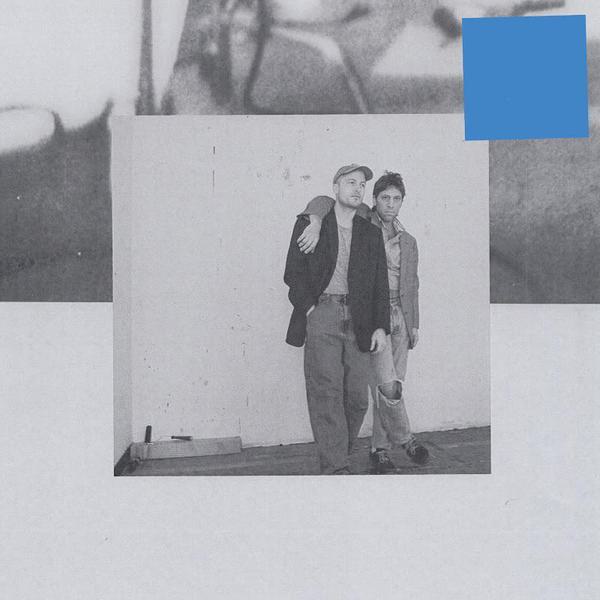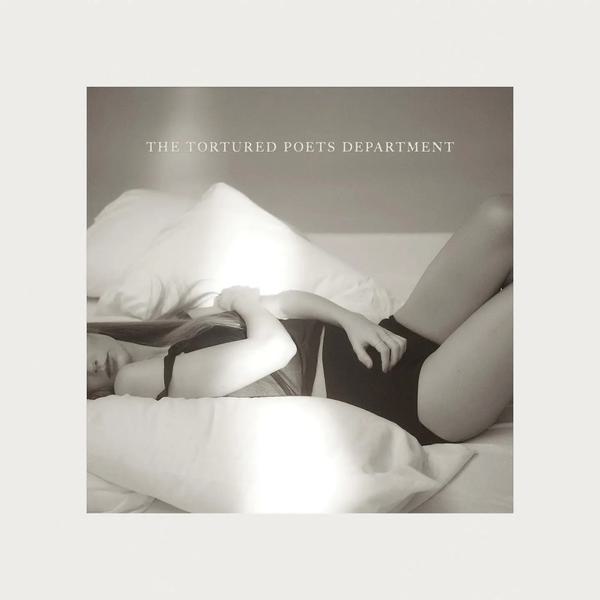
A Noise Remains: Best Fit speaks to Conquering Animal Sound
The cerebral loop based music of Glasgow based duo Conquering Animal Sound has little to do with the animal world, but is instead fuelled by the tension between human and machine.
On their stunning 2011 Scottish Album of the Year nominated debut Kammerspiel the machines were very much in the driving seat, their clicks and hums forging a path towards some semblance of melody with the gossamer vocals of Anneke Kampman trailing in their wake. With their new record On Floating Bodies there is a marked difference as Kampman and her co-conspirator James Scott wrestle back control of their tools and manipulate them into gorgeous ghostly contortions of very human emotions.
This shift towards a more identifiably human core actually coincides with a less intimate recording process, as their acclaim has led them to take their home spun sounds to join the ranks of Scottish label and indie institution Chemikal Underground (responsible for records from Arab Strap, Mogwai and Aereogramme to name a few). As James says “We had a great time working with Rich at Gizeh, and with Anneke’s solo stuff on his label, we’ve maintained the dialogue. But working with Chemikal has been a step forward, especially getting to mix the new album with Paul Savage in Chem19 studios, which I think has had a major influence on how our recorded sound has evolved from the last record.”
It’s quite clear that the duo were eager to retain this space for focusing ideas whilst being able to push their sound; “It was recorded in the flat we were sharing, but we were keen to record some of it in the studio, and mix it properly as well. I think with the music we make, which takes a lot of time to shape and craft, that we could bankrupt the entire nation recording it all in a studio, but it was good to end it in a studio and improve the overall sound.” Anneke adds, “This was an excellent experience. We have a little bit of hardware in our studio but we don’t have anything like the lovely compressors and distressors that we had access to in Chem19.”
This improved equipment is perhaps clearest from the focus which is now drawn to the looped intricacies of their sounds, even more so than Kammerspiel which itself was hardly made up of broad strokes. That attention to minutia sits comfortably alongside a more polished finish and a far more melodic pop sensibility, especially on the vocal hooks, which Anneke says was not their original intention; “I think we both wanted to make a much more direct and ’3 dimensional’ sounding record this time. Kammerspiel was quite an ambient piece of work and personally I wanted to try and move away from that kind of sound. I don’t really listen to that much ambient music, I listen to Jeff Mills and Erykah Badu and weird world dance music.”
It’s probably not a reference I would have recognised myself but there is something of Badu’s influence in the vocals here, they are now filled with soul and cadence rather than the mechanical syllabics which were present before. James points out that “our intentions were to create something more percussive, more rhythmic, with a more electronic influence. It just happened that on certain songs, that Anneke would come up with a really catchy vocal melody or we’d structure it with a verse-chorus template, but that was how the song came out and we were happy to work with that.”
{pagebreak}

This perceived pop element is something which Anneke confirms is born more from an interest in experimenting with different sounds than with trying to incorporate established styles: “With this record we became much more interested in how sound and texture could dictate the course of the music, rather than just letting things be led by specific chords or harmony. Sometimes we would record a sound off a synth or another textural idea which wasn’t fixed to a predictable key and which would act as a point for me to write around melodically. Or the track would start with a recording of me manipulating my vocal, like the track ‘Gloss’, and everything would become structured around the voice. The voice and the instrumentation are in a completely equal relationship, one informs the other and vice versa, neither comes first really. I like writing vocal lines which are memorable too and so maybe that makes them ‘poppy’ I’m not sure.”
Whilst there’s no disputing that the vocals and instrumentation take equal billing, they rise higher in the mix than before and offer surprisingly good value for a sing-along; the lyrical hook from the beautifully menacing ‘Treehouse’ has been circling my head tirelessly for weeks now. Underwriting these hooks is still an unshakable sense of otherness though, it’s always clear that this is something painstakingly and lovingly constructed and as before they make use of some interesting sound sources for their recordings: “I don’t think we ever made the decision to use ‘non-musical’ sounds on the first record as a kind of gimmick,” explains Anneke, “we just wanted to broaden the scope of the sound, and we didn’t have access to a whole host of instruments or equipment so we had to make do.”
“I always want to work with new textures, new sorts of sounds and so have to source these,” she continues, “I’d rather record a real sound-source than use some dodgy sample off the internet or a synth preset or something. We did quite a lot of sampling from old tapes with a really dodgy old 4 track on this record. This way of sampling worked out really well for us, the quality of the recordings we managed to capture was really awkward sounding and had a tremendous amount of character.” James also notes that “The opening sounds on the album are Anneke dropping a toy wooden toy set on the floor and shaking jars of lentils. We made really good use of Anneke’s voice on this album, some of my favourite sounds are processed samples of her voice. For us, processing things and creating lots of weird little sounds is what gives us the seed of inspiration to go on and create a whole song around it.”
This kind of sonic manipulation may lead some to consider their craft purposefully abstract or detached, particularly as their lyrics are built almost entirely using concepts of philosophy, physics and neuroscience, but on further listening it reveals itself to be anything but. The album title is taken from Archimedes work on hydrostatics – “For me, I spend a lot of time thinking about the use of text or lyrics within a musical context and how the interplay between the two works. A lot of my lyrics tend to be descriptive rather than representational. The words that tend to move people are the words that they have been taught to respond to in an emotional way. I find it interesting to play with these constructs. My lyrics aren’t subjective, their not really written from a self perspective, I prefer to describe the physical properties of things. But my brain is processing them so they may sometimes become emotionally weighted.”
This interest in playing with aesthetic conventions is also apparent in the fragmented album artwork, which Anneke had considerable input on the creation of, “I made the artwork alongside my pal Sam Bellacosa, with help from Romany Dear, Amelia Muller Ginorio and Ash Reid whom are all very exciting artists based in Glasgow. I have always been interested in the relationship between music and visual art and how sound can imagine visual images. The sound is always the starting point. I wanted to create something very structural, a receptacle for a lot of information.”
That last statement seems to be an apt description for their sound as well. Listening closely to On Floating Bodies you can hear its constituent parts as they interlock; a looped vocal hook; a gentle guitar line; crackling beats; droning samples and often so much more, but you can also sense the gaps between these parts to be quite deliberately there, allowing small spaces for interpretation of its myriad ideas. It is a fragmented and twisted take on electronic-pop, cut up and fed back through various translations and methodical re-arrangements. Everything precisely where it ought to be, but nothing quite what it seems.
On Floating Bodies is out now through Chemikal Underground.
Get the Best Fit take on the week in music direct to your inbox every Friday
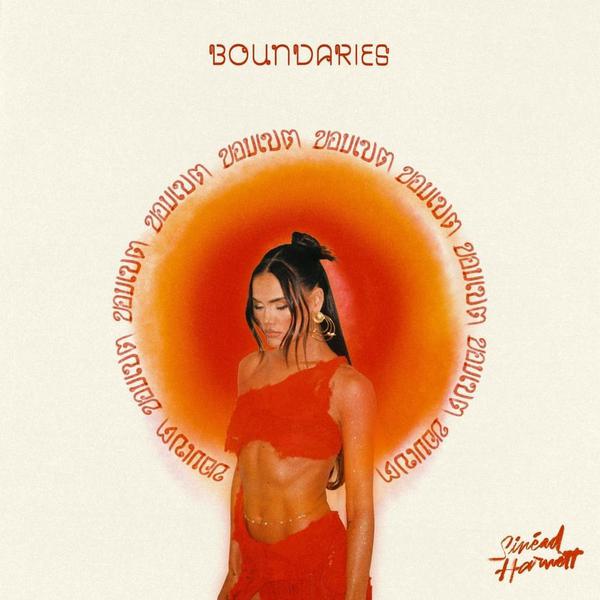
Sinéad Harnett
Boundaries
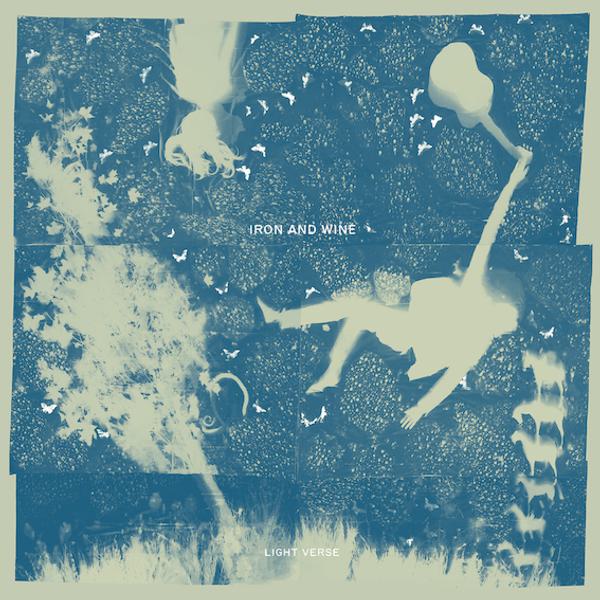
Iron and Wine
Light Verse
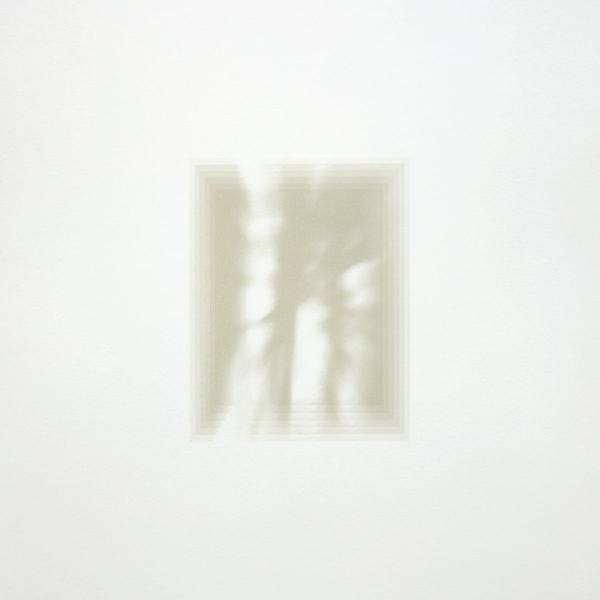
Fat White Family
Forgiveness Is Yours
